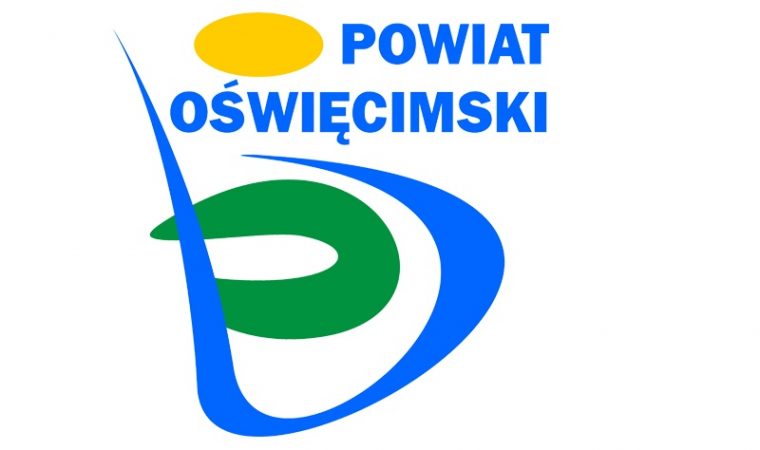Possible article:
UK-EEA Free Trade Agreement: What it Means for Business and the Economy
The United Kingdom (UK) and the European Economic Area (EEA) have been closely linked for decades, with the UK being a member of the European Union (EU) until 2020 and the EEA consisting of the EU member states plus three non-EU countries (Norway, Iceland, and Liechtenstein). One of the main consequences of the UK`s withdrawal from the EU was the need to negotiate a new trade agreement with the EEA, to preserve the existing economic ties and facilitate future cooperation. This article will explain the key features and implications of the UK-EEA Free Trade Agreement (FTA) for businesses and the economy, with a focus on its impact on trade, regulations, and services.
Trade
The UK-EEA FTA aims to maintain a liberal and comprehensive trading relationship between the parties, based on the principles of free and fair competition, non-discrimination, and mutual recognition. The main elements of the agreement are the elimination of tariffs and quotas on goods, the protection of intellectual property rights, and the facilitation of customs procedures. The FTA also includes provisions on trade in services and investment, which regulate access, non-discrimination, and regulatory cooperation in areas such as financial services, telecommunications, transport, and energy.
The UK-EEA FTA builds on the existing trade arrangements between the parties, which were largely based on the EU`s Single Market and Customs Union. However, the FTA also introduces some changes and limitations in certain areas, such as rules of origin, sanitary and phytosanitary measures, and dispute settlement. For example, the FTA requires that goods traded between the UK and the EEA comply with certain criteria to qualify for preferential treatment, such as a minimum share of local inputs or processing. This may affect some industries that rely on complex supply chains or imported components. Moreover, the FTA does not cover all sectors and products, such as agriculture and fisheries, which are subject to separate agreements and quotas.
Regulations
The UK-EEA FTA includes provisions on regulatory cooperation, aimed at minimizing trade barriers and ensuring a level playing field between the parties. The FTA establishes a Joint Committee and specialized subcommittees, which will oversee the implementation and interpretation of the agreement, and may recommend further measures or adaptations. The FTA also provides for mutual recognition of certain technical regulations and standards, which means that products certified in one party`s jurisdiction can be sold in the other party`s market without additional testing or certification. This may benefit businesses that operate in highly regulated sectors, such as pharmaceuticals, chemicals, or machinery.
However, the UK-EEA FTA does not imply automatic alignment or convergence of regulations and standards, as the parties retain their sovereignty and the right to regulate their economies according to their own priorities and values. This may create some friction or divergence in areas where the parties have different approaches or objectives, such as the environment, labor rights, or consumer protection. Moreover, the FTA does not cover the UK`s participation in EU agencies or programs, such as the European Chemicals Agency or the Erasmus student exchange, which may limit some forms of cooperation and exchange.
Services
The UK-EEA FTA recognizes the importance of services for the economies of the parties, which account for a substantial share of their GDP and employment. The FTA aims to enhance and facilitate liberalization and trade in services, by ensuring access, non-discrimination, and regulatory cooperation in areas such as professional services, digital services, and transport services. The FTA also includes provisions on investment protection and dispute settlement, which provide some assurances and safeguards for businesses that operate across borders.
However, the UK-EEA FTA does not grant full access to each other`s services markets, as the parties have different regulatory frameworks and policies in this area. Moreover, the FTA does not cover the mutual recognition of professional qualifications, which may affect some sectors that require specific certifications or licenses. The FTA also does not address the issue of data flows and privacy, which may create some complications for businesses that transfer personal data between the UK and the EEA.
Conclusion
The UK-EEA Free Trade Agreement is a significant achievement for both parties, as it preserves and strengthens their economic ties and provides some certainty and stability for businesses that trade or operate across borders. The FTA reflects a balanced compromise between the UK`s desire for sovereignty and the EEA`s interest in maintaining a close relationship with its largest trading partner. However, the FTA also presents some challenges and opportunities for businesses, depending on their sector, size, and strategy. Therefore, businesses should analyze carefully the implications and requirements of the UK-EEA FTA, and seek advice and support from experts and authorities.


